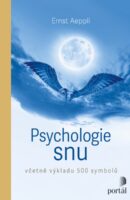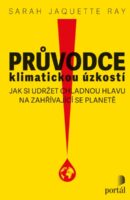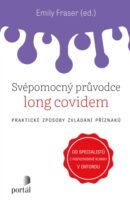Magdaléna Hovanová, Katarína Šiňanská
Magdaléna Hovanová completed all the stages of her studies at the Department of Social Work at the Faculty of Arts, Pavol Jozef Šafárik University in Košice, where she continues to work as an assistant lecturer and researcher. Her research focuses mainly on the target group of adolescents in terms of various types of risky behaviour and in the context of their connection with social support. In the context of researching helping professions, she is interested in the construct of self-care.
Katarína Šiňanská graduated in social work from the Faculty of Arts at Prešov University in Prešov. In 2012, she completed her PhD studies in Social Work at the Department of Social Work, Faculty of Arts, Pavol Jozef Šafárik University in Košice (UPJŠ). She was awarded the research-teaching degree of associate lecturer in 2021 at UPJŠ, where she has been working at the Department of Social Work for seventeen years. Her research focuses on the field of social work in health care. She specialises in teaching courses focused on community development and is also active in this area of social work in the field.
Abstract
OBJECTIVES: The objective of this paper is to describe and test the relationships between social isolation, social support, and radicalisation, and to determine which factors of social support and social isolation predict radicalisation in Slovak secondary school students. THEORETICAL BASE: The paper is based on the definition of the determinants of radicalisation in the form of the concepts of social isolation and social support, in the context of the developmental period of adolescence. METHODS: In a quantitative, representative research, research was conducted through correlational calculations and simple linear regressions. OUTCOMES: Research findings have significantly demonstrated that adolescents who are less socially isolated among peers outside of the school environment tend to be more radicalised. Also, the greater the degree of social support adolescents have from their close sources, the less radicalised they are. SOCIAL WORK IMPLICATIONS: Research findings may serve as a starting point for social workers and other helping professionals working with adolescents at risk of radicalisation, specifically for those working in primary prevention in school settings and with the potential to link the adolescent, their family, school, and community.
Keywords
social isolation, social support, radicalisation, adolescence
p. 57-72






